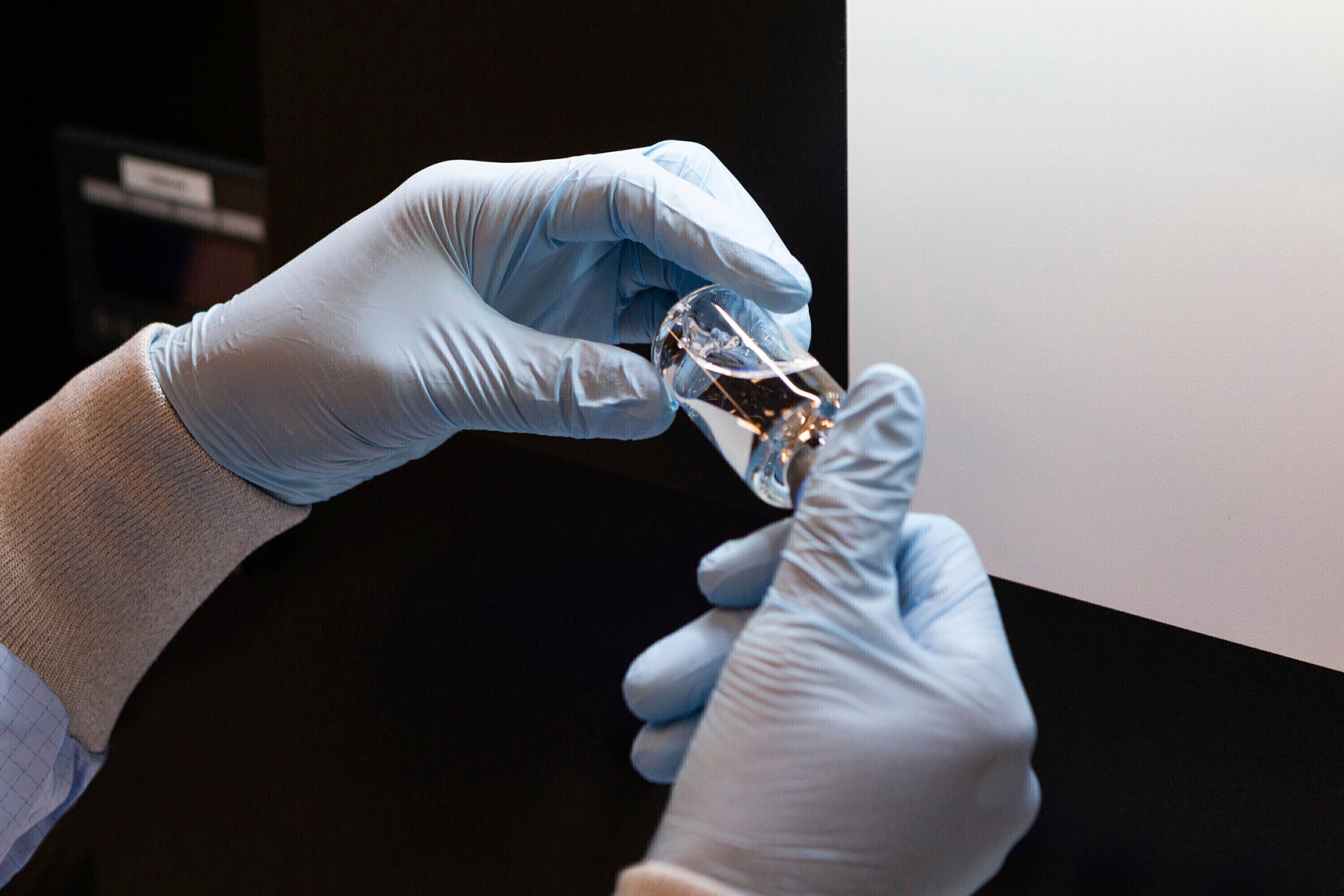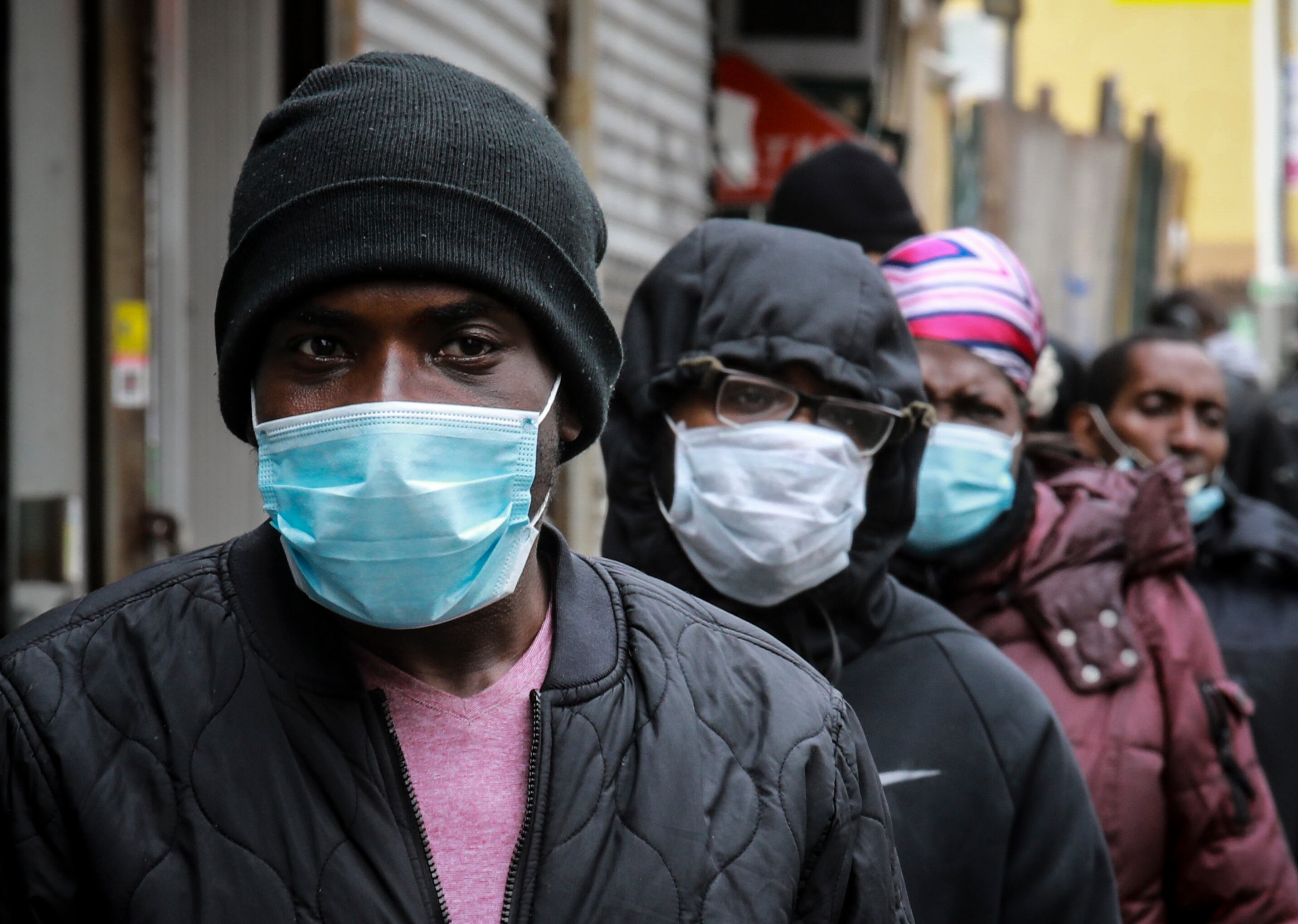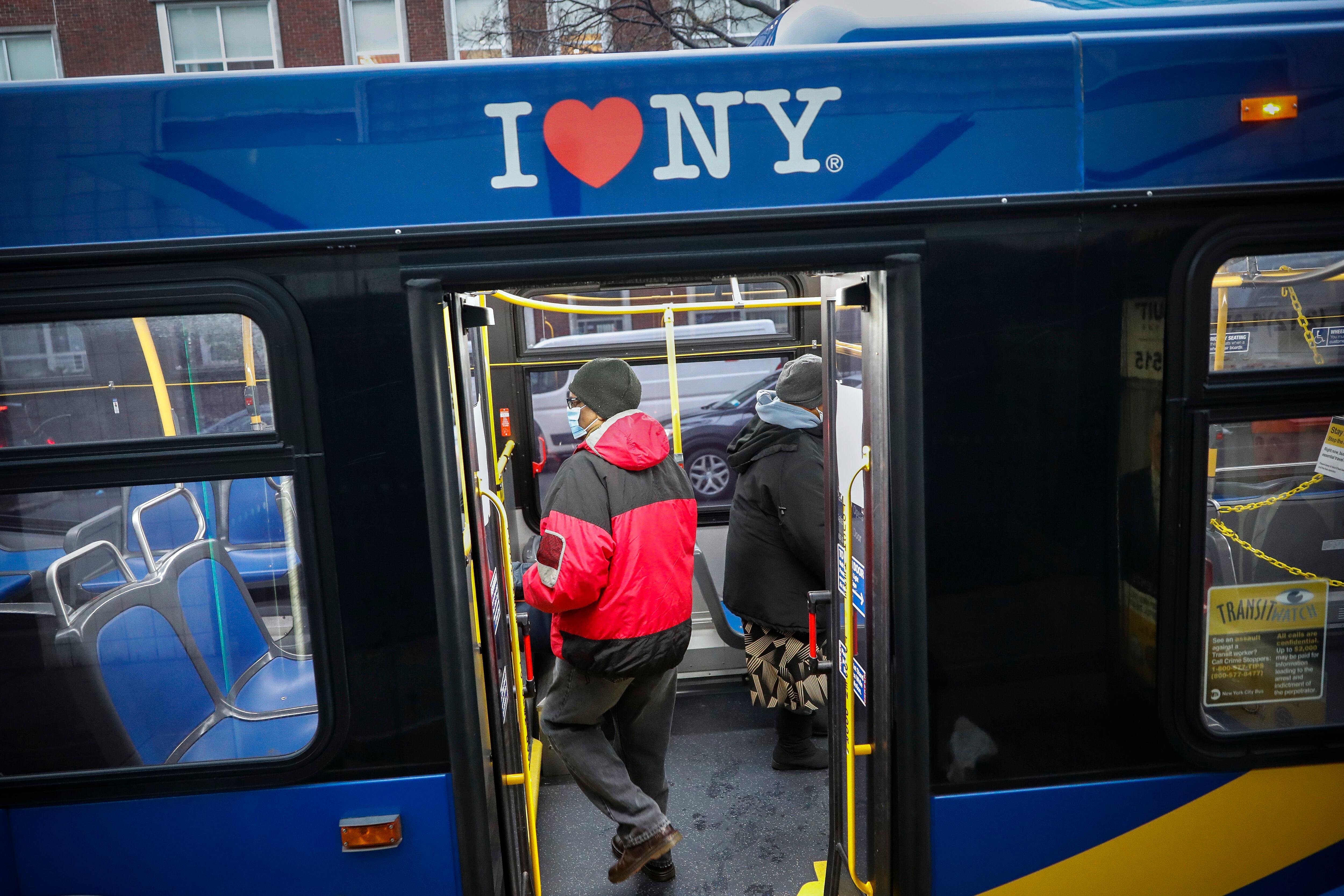Strokes are the fifth leading cause of death, according to the American Stroke Association and they're also a leading cause of disability across the U.S. Dr. Reade De Leacy, a neurosurgery specialist, joined Cheddar News to talk about the importance of response time when treating patients that have suffered strokes. "In stroke, especially in major stroke, two million brain cells are lost for every minute of delay in treatment so time really, really critical," he said.
Morgan Ortagus, a State Department spokesperson, said the purpose of demanding more information and access from China was to "answer fundamental questions" about the COVID-19 pandemic.
Sarah Cooper, the performer behind the viral video, talked to Cheddar Wednesday about why she chose to riff on the POTUS.
The National Institute of Allergy and Infectious Diseases (NIAID) on Wednesday announced the results of a study looking into a potential COVID-19 treatment that it says shows promise.
Stocks charged higher around the world Wednesday following an encouraging report on a possible treatment for COVID-19.
Dr. Richard Besser, president and CEO of the non-profit healthcare organization, the Robert Wood Johnson Foundation, talks about how the pandemic has exposed the harsh inequalities driving poorer health outcomes in the U.S.
Some Georgia restaurants began reopening dine-in areas in line with an executive order from Gov. Brian Kemp that went into effect Monday.
The Trump administration is reviewing new federal plans designed to guide restaurants, schools and others as states look to gradually lift their coronavirus restrictions. The draft guidance from the Centers for Disease Control and Prevention has been sent to Washington and still could change.
From Wall Street to Silicon Valley, these are the top stories that moved markets and had investors, business leaders, and entrepreneurs talking this week on Cheddar.
New York has reported its lowest number of daily COVID-19 deaths in weeks. The state on Friday reported 422 deaths as of the day before.
Past studies have not found good evidence that the warmer temperatures and higher humidity of spring and summer will help tamp down spread of the virus.












